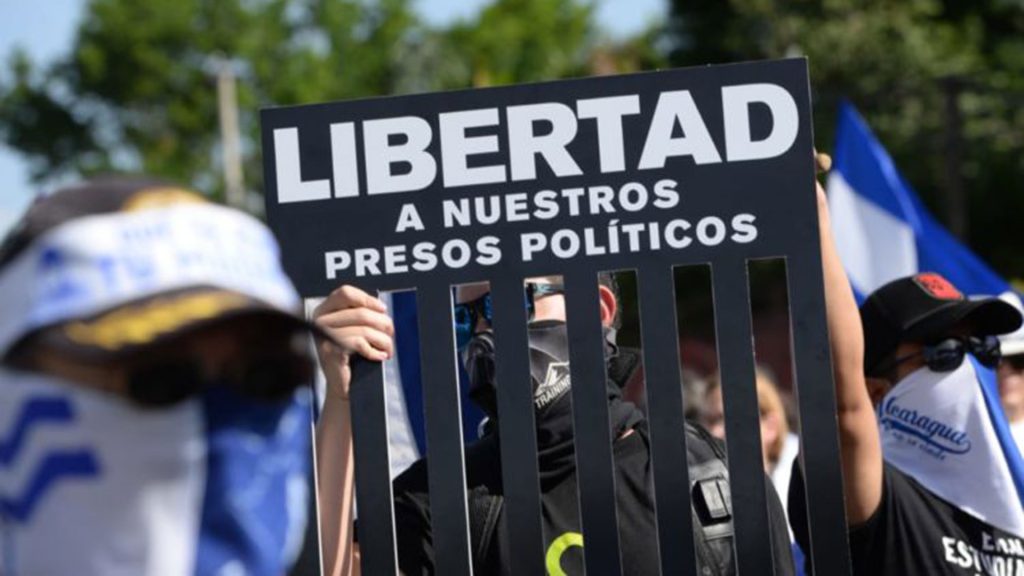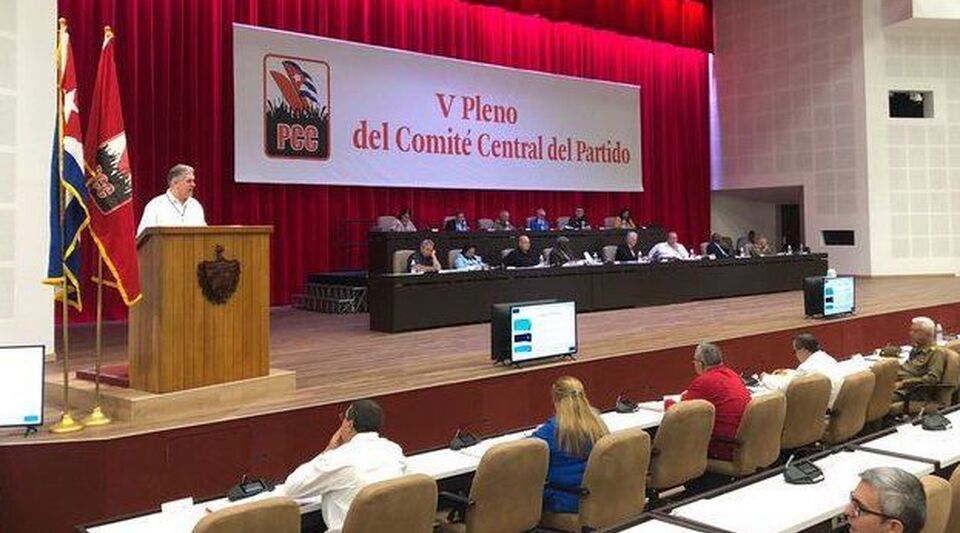Jared Laureles and Andrea Becerril
Newspaper La Jornada
Saturday December 10, 2022, p. 7
To boost the country’s economy, in 2023 the Institute of the National Housing Fund for Workers (Infonavit) will disperse mortgage loans for more than 200 billion pesos, equivalent to one percentage point of gross domestic product (GDP), said its Director, Carlos Martinez Velazquez.
At the institute’s 126th ordinary general assembly, he explained that this flow will result in more money in circulation in businesses, more jobs with social security, construction of quality homes, and families with stable and secure assets.
The agency’s director specified that in order to achieve this objective and in the face of inflation and the high costs of housing production, the financing interest rate will be maintained at 2 percent and a yield will be granted to the housing sub-account higher than that of the Retirement Savings System.
Credits will also continue to be converted into pesos at times the minimum wage (VSM), and for next year, the update of the balances will be less than inflation. The institute records that to date 430 thousand financings have been reconverted and 64 billion pesos added in balances of borrowers have been forgiven.
He assured that the financial solvency of Infonavit is guaranteed for the next 30 years. Even, he stressed, the investment fund, set up with its own reserves, tripled, going from 146.7 billion pesos in 2018 to 488 billion in 2022.
Before the business and worker representation, and in the presence of Zoé Robledo, director of the IMSS, Martínez Velázquez highlighted that four years into his administration, the institute has granted 1.8 million loans and has supported 3.4 million with their debts, in in line with the instruction of President Andrés Manuel López Obrador to end unpayable debts and allow users to catch up and design social programs to reincorporate regenerated housing.
He highlighted the elimination of programs that favored coyote and that a credit scheme for housing improvements will be launched in which people with the greatest need in states with the greatest housing backlog will be privileged. In the same way, non-active workers will be attended in a massive way and with minimal restrictions, mainly in the south of the country. They will also start plans for retirees and pensioners who have difficulties with their credit, and current programs will be renewed to repair bad credits originated in the past, he said.
The representative of the business sector, José Tejada Shaar, noted that, in a tripartite manner, in 2023 they will seek to place 443,000 loans, 100,000 more than this year.















